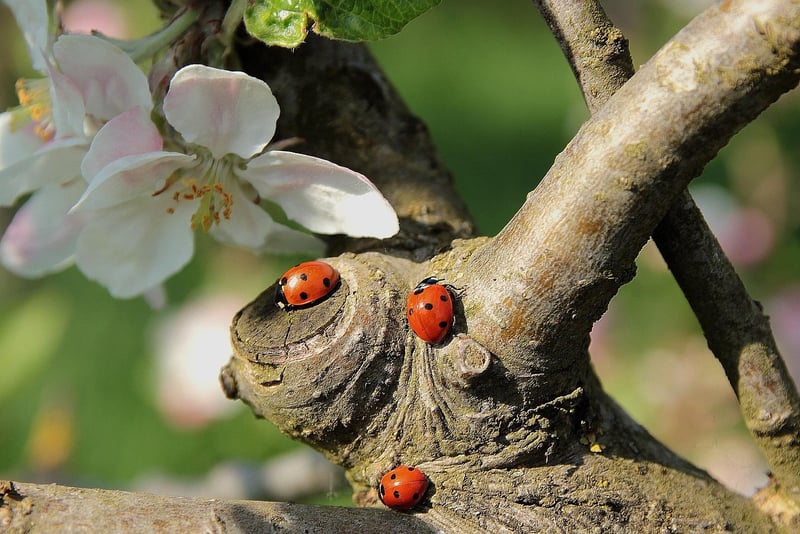Pest Control
Maintain Healthy Plants and Pest Control
Having a lush and vibrant garden or indoor plants can be a rewarding experience. To ensure your plants stay healthy and pest-free, it's essential to follow some key practices.
1. Choose the Right Plants
Start by selecting plants that are well-suited to your local climate and conditions. This will help them thrive and be more resistant to diseases and pests.
2. Provide Proper Care
Water your plants appropriately, ensuring they are not overwatered or underwatered. Also, make sure they receive adequate sunlight and nutrients for healthy growth.
3. Regularly Inspect Your Plants
Check your plants regularly for any signs of pests or diseases. Early detection can help prevent the spread and minimize damage.
4. Implement Natural Pest Control Methods
Consider using natural pest control methods such as introducing beneficial insects like ladybugs or using neem oil to deter pests without harming your plants.
5. Remove Infected Plants
If you notice any plants that are severely infected or infested, remove them promptly to prevent the spread to other plants.
6. Practice Crop Rotation
If you have a vegetable garden, practice crop rotation to help prevent the buildup of pests and diseases in the soil.
7. Use Organic Fertilizers
Avoid chemical fertilizers that can harm beneficial soil organisms. Opt for organic fertilizers to nourish your plants naturally.
8. Seek Professional Help
If you are facing persistent pest problems that you can't control on your own, consider seeking help from a professional pest control service.
Conclusion
By following these tips and practices, you can maintain healthy plants and effectively manage pests in your garden or indoor space. Remember that prevention is key, and a little care goes a long way in keeping your plants thriving.

Image source: Pixabay
